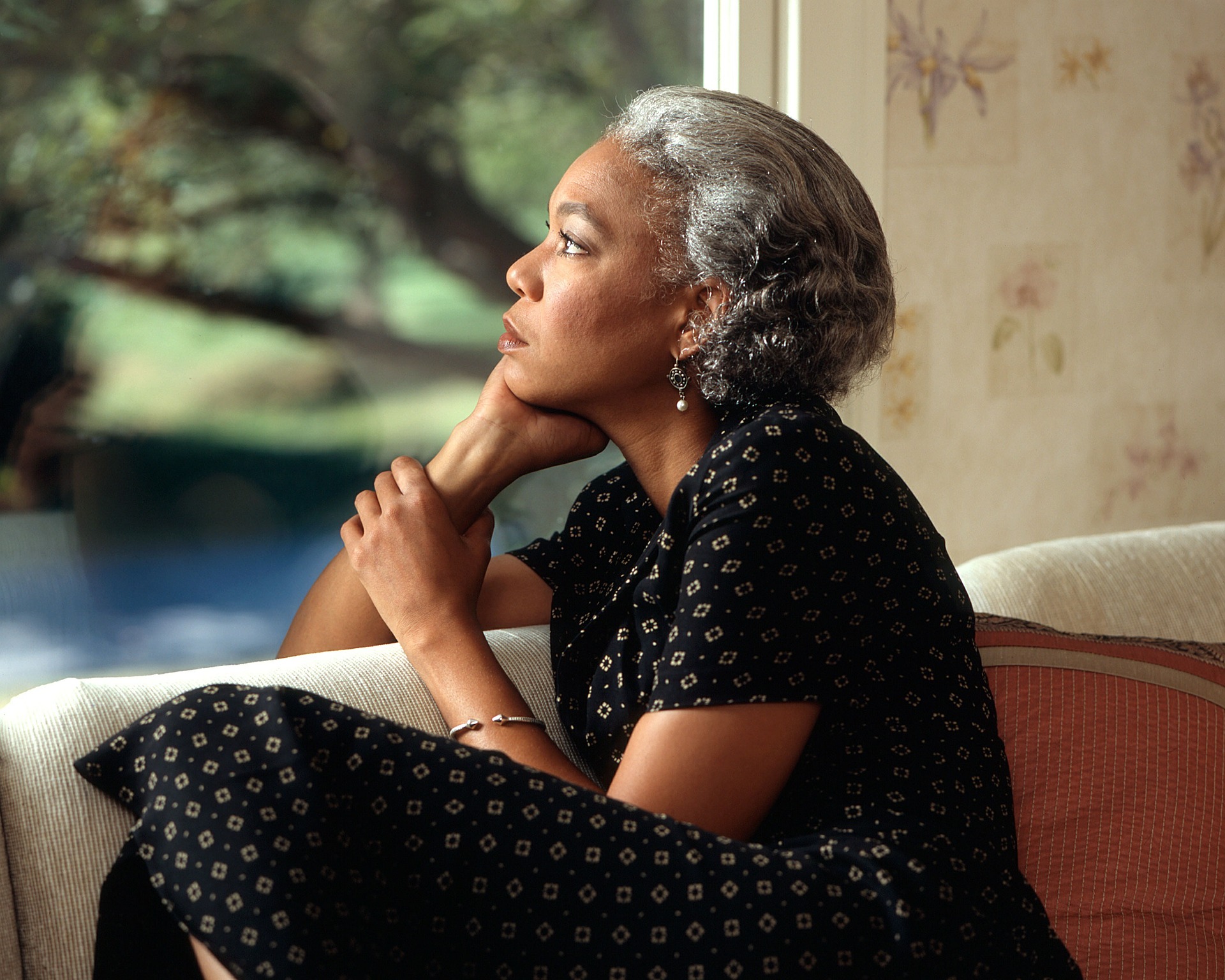Prevent
What Are the Cancer Risks of Birth Control?

Hormonal birth control, like all medicine, comes with both risks and benefits.
About 140 million women use hormonal contraceptives worldwide, including about 1.5 million women in the US who rely on them for reasons besides birth control.
Though modern birth control is thought to be safer than earlier forms of the pill, a new study found it can increase breast cancer risk for certain women.
Birth Control Can Increase Breast Cancer Risk by 20%
These findings came from a study performed in Denmark published in the New England Journal of Medicine.
Researchers analyzed data from the country’s national registries to track cancer rates and birth control used by women. This included information on the lives of 1.8 million women of ages 15 to 49, who were followed over the course of almost 11 years.
The researchers found that women who used hormonal birth control experienced a 20% increase in the relative risk of breast cancer. However, the risk was greatest for women over age 40.
The study also did not take into account other factors that can affect cancer risk like physical inactivity, breastfeeding, and drinking alcohol.
Hormonal Vs. Non-Hormonal Birth Control
This study is the first to compare the risks of current of birth control pills and devices in a large population.
In addition to oral contraceptives (“the pill”), researchers studied other hormonal birth control methods including:
- Birth control patches
- Vaginal rings
- Implants
- Hormone-releasing IUDs
The study also compared these methods against women who used non-hormonal contraception, like condoms, diaphragms, or copper IUDs.
The increased risk of breast cancer applied to all forms of hormonal birth control.
Risk of Birth Control Increases Over Time
The results also found that the likelihood of developing breast cancer increased with the length of time women used hormonal contraception. This risk continued even after stopping birth control.
- Using hormones for 5 years showed increased breast cancer risk even after stopping
- Using hormones for 10 or more years increased the relative risk breast cancer 38%
However, there was no increased breast cancer risk for women who used hormones for less than one year.
Birth Control Can Increase Cervical Cancer Risk
Birth control has also been shown to increase risk of cervical cancer. A study showed that women who have used oral contraceptives for 5 years or more have a higher risk than women who have never used oral contraceptives. The longer the use, the greater the risk. Another study found a 10% increased risk for less than 5 years of use, a 60% increased risk for 5-9 years of use, and twice the risk with 10 or more years of use.

The Health Benefits of Birth Control
Despite these findings, the added cancer risk of birth control is about the same as those caused by other factors like physical inactivity, excessive weight gain in adulthood, or drinking an average of one or more alcoholic drinks per day.
And the potential risk may not outweigh the health benefits hormonal birth control can provide.
Hormonal contraceptives are the among the most efficient methods of birth control. According to Planned Parenthood, they can also be used for other health benefits, such as relieving or preventing:
- Heavy menstrual bleeding
- Acne
- Bone thinning
- Cysts in the breasts and ovaries
- Serious infections in the ovaries, fallopian tubes, and uterus
- Iron deficiency (anemia)
- PMS (premenstrual syndrome)
Oral contraceptives have also been found to reduce the risk of certain cancer including:
- Endometrial (uterus lining) cancer
- Ovarian cancer
- Colorectal cancer
The protection against these cancers were also found to continue after birth control is not longer used. Certain calculations suggest that using oral contraception might actually prevent more cancers than it causes.

Health Safety Tips for Birth Control
Women interested in birth control options should consult their doctors if they have concerns about hormonal contraceptives. Your doctor can help weigh the risks and benefits of the right birth control methods for you.
Many gynecologists believe women under 35 or 40 do not need to be overly concerned with the finding from this study.
Because breast cancer risk increases with age, the authors of the study suggest women over 40 older consider switching to a hormone-free method.
Some options include:
- Diaphragms
- Copper IUDs
- Condoms
- Apps that track fertility cycles
- Sterilization surgeries (including vasectomies for male partners)
Other factors that can help reduce breast cancer risk include:
- Having children before age 30
- Breastfeeding at any age for any length of time
- Minimizing exposure to radiation
- Mot using hormone therapy after menopause
As always, practicing healthy habits like regular exercise and a well-balanced diet can help limit your cancer risk. See our article on other cancer preventing lifestyle choices you can take to protect your health.






